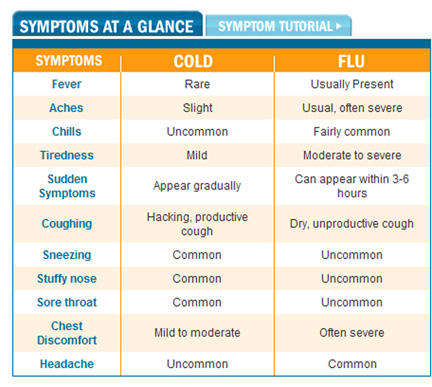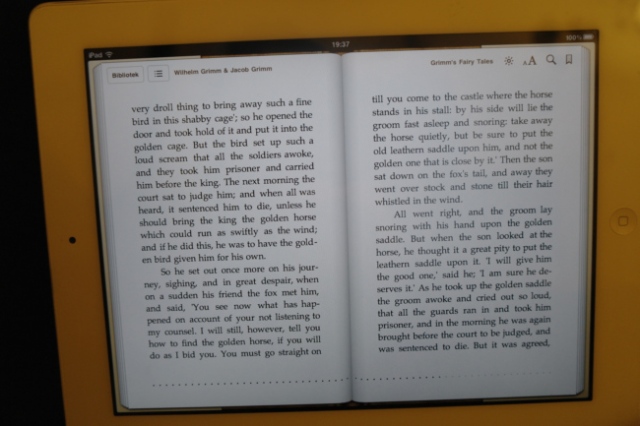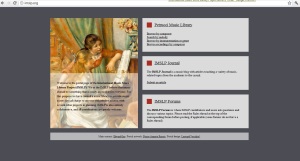 Aah-choo!
Aah-choo!
Oh yes, the flu and cold-season is upon us, and who fears it more then us?
Unfortunately we singers, although we should be excused, also get sick from cold, flu and tonsillitis. And often (you can count on it if you have an important audition or concert) loose your voice.
So what to do when you get the flu, tonsillitis or just loose your voice? Well, there is just so much one can do when you first get sick, but luckily it exists some great “old knowledge” on the subject.
Tonsillitis
Are usually caused by a virus, (but could also be caused by bacteria). Please consult your physician!
Here are some advice to relieve the general pain and discomfort and hopefully help you regain your voice as soon as possible! This are supposed to be complimentary treatments to facilitate healing and provide relief!
- – Gargling with warm salt water several times a day. You can make your own salt water by mixing 1 tsp (5 g) salt to 8 fl oz (118.3 mL) warm water.
- – Using a vaporizer or humidifier in the bedroom.
- – Drinking warm or cold liquids (and frozen desserts like ice creams, etc) whatever feel most helpful.
- – Pain relief, anti-inflammatory, fever reducing medications (paracetamol and/or ibuprofen)
Some great remedies you can make yourself!
- – Lime is one of the most effective remedies in the treatment of acute tonsillitis. A fresh lime squeezed in a glass of warm water, with four teaspoons of honey and a quarter teaspoon of common salt, should be sipped slowly in such cases.
- – Milk has been found valuable in tonsillitis. A glass of pure boiled milk, mixed with a pinch uf turmeric powder and pepper powder, should be taken every night for three nights in the treatment of this condition. It will bring beneficial results.
- – Chamomile tea along with honey and lemon is a great home remedy for providing relief from the symptoms of tonsillitis
 Homemade mixture
Homemade mixture
1 onion (chopped, not too small)
2 large spoons with honey
Mix onion and honey together in a screw-top jar. Leave it overnight.
You can then take a spoonful of the liquid whenever you feel you need it. (Soothing/relieving).
You can keep it in your fridge for about 3 days. (Also great against coughs).
Both onion and honey have anti-microbial properties
Influenza (flu)

Are caused by different types of viruses. There isn’t really much medicine to take if you get it, but you can take some paracetamol or ibuprofen to relieve
the muscle ache and fewer. Get lots of rest, drink plenty of liquids and stay away from tobacco and alcohol.
Treat that stuffy nose
Salt-water rinsing helps break nasal congestion, while also removing virus particles and bacteria from your nose. Here’s a popular recipe:
Mix 1/4 teaspoon salt and 1/4 teaspoon baking soda in 8 ounces of warm water. Use a bulb syringe to squirt water into the nose. Hold one nostril closed by applying light finger pressure while squirting the salt mixture into the other nostril. Let it drain. Repeat two to three times, then treat the other nostril.
– Garrrrrgle
Gargling can moisten a sore throat and bring temporary relief. Try half a teaspoon of salt dissolved in 8 ounces warm water, four times daily. To reduce the tickle in your throat, try an astringent gargle — such as tea that contains tannin — to tighten the membranes. Or use a thick, viscous gargle made with honey, popular in folk medicine. Seep one tablespoon of raspberry leaves or lemon juice in two cups of hot water; mix with one teaspoon of honey. Let the mixture cool to room temperature before gargling.
– Try remedies that contains Thymus. For example: Fenu-Thyme. (Supposedly great in helping the respiratory system).
– Breathe Aromatic Steam
– Fill the bathroom or kitchen sink with steaming water, and add two teaspoons chopped fresh ginger (Zingiber officinalis). Drape a towel over your head and lean over the steam to get maximum benefit. Or add one teaspoon of the over-the-counter ointment Vicks VapoRub® to the steaming water, then breathe in the steam for several minutes until you get relief. Another flu remedy is to add a few drops of oil of eucalyptus (Eucalyptus globulus) or menthol to the water. Eucalyptus is known to open up bronchial tubes, ease congestion, and make breathing easier.
– Rest, drink lots of liquids, sleep, rest, drink, sleep!
——————–
Hopefully you will recover quickly and be singing again in no time!
We hope some of these advice have been helpful!
Get well!
Mozart, Beethoven, Wagner, Verdi, Rossini and all their talented friends miss you….















 Wondering what your role sings about in your opera aria?
Wondering what your role sings about in your opera aria?




